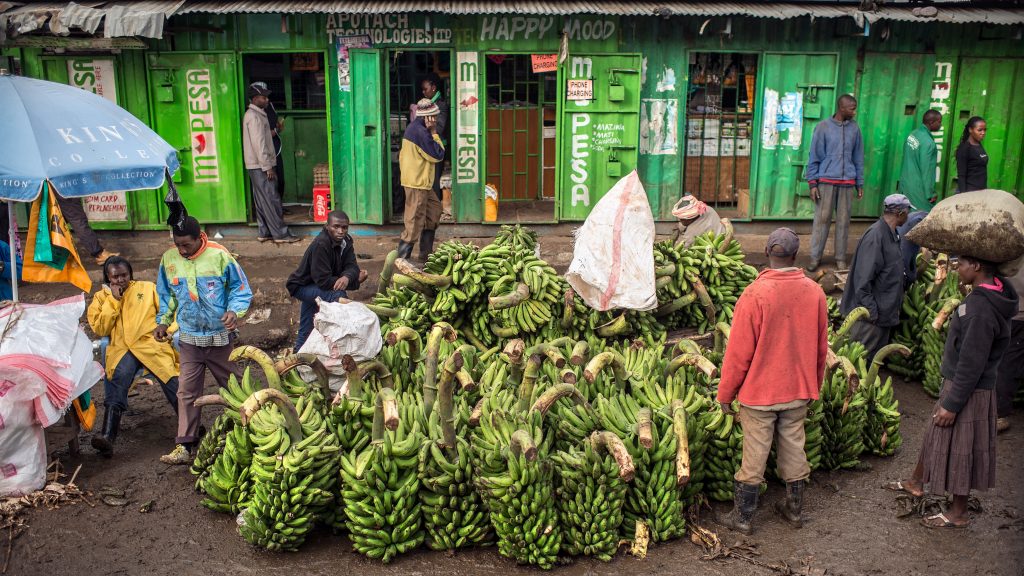Plant health key to reducing world hunger
By Katie Tomlinson On the 16th October, World Food Day events will take place around the globe to draw attention to the growing problem of world hunger and malnutrition. Shockingly, the FAO has reported that 10% of the global population experienced severe food insecurity in 2017 and that world hunger has increased for the third…
Investing in smallholder farmers for a food-secure future
Smallholder farmers provide the vast majority of the world’s food supply, and ‘small-scale farming’ is the largest occupation group of economically active people, 43% of which are women. Approximately 2 billion of the world’s poorest live in households that depend on agriculture in some form for their livelihoods, whether this is for market or subsistence.…
Yellow Dragon Disease: An Increasing Threat to Global Citrus Production
Yellow dragon disease, also known as citrus greening disease is one of the greatest bacterial threats to citrus trees on a global scale, affecting crop production across Africa, Asia and North America.
Drought Resistance Hormone Discovered in Plants
Researchers at the RIKEN Centre of Sustainable Resource Science (CSRS) in Japan have discovered a hormone linked to the stimulation of drought-resistant characteristics in plants. Published in the journal Nature earlier this month, the study shows how the peptide CLE25 is synthesised in the roots of plants when under stress due to a lack of…
Five invasive pests cost African economy $1 billion every year
New research by CABI reveals that just five invasive alien species are causing US$0.9 – 1.1 billion in economic losses to smallholder farmers across six eastern African countries each year, equating to 1.8% – 2.2% of total agricultural GDP for the region. These losses are expected to grow to $1.0 – 1.2 billion per year…
Plantwise shortlisted for Olam Food Security Prize
The CABI-led Plantwise programme has been named as a finalist for the Olam Innovation in Food Security Award! This award ‘aims to recognize an outstanding innovation for its potential impact on the availability, affordability, accessibility or adequacy of food, as well as to support its further development.’ As a programme now working in 34 countries,…
2013 Global Food Policy Report: Nutrition in the spotlight
Last month, the International Food Policy Research Institute released its 2013 Global Food Policy Report. This report is the third annual report in this series which aims to give an overview of the food policy developments that have affected food security that year. This includes a review of the key highlights of the previous 12…
Crop diversification finds home for ‘orphan crops’
The term ‘orphan crops’ refers to plant species and varieties that of recent decades have been ignored by governments, seed companies and scientists due to their limited importance in global markets. Instead, only a few major staples have been of interest. From fruits and vegetables to grains and nuts, many orphan crops are highly nutritious,…
UK Needs Increase In Agriculture Graduates To Tackle Global Food Security
Increasing the production of food in an environmentally sustainable way is a major global issue. A report produced by the UK Cabinet Office in 2008 predicted that the global population will rise to 9 billion by 2050 from a current 6.8 billion. This increase in population will substantially increase demand for food, with food production…
Plantwise Photo Of The Month – July
This photo shows the Plantwise Knowledge Bank booth at the CABI Review Conference 2013, which took place from the 27-28th June in Oxford, UK. 70 delegates from 36 countries attended the review conference, in which research priorities aimed at protecting global food supply were discussed. To find out more about the review conference you can…


